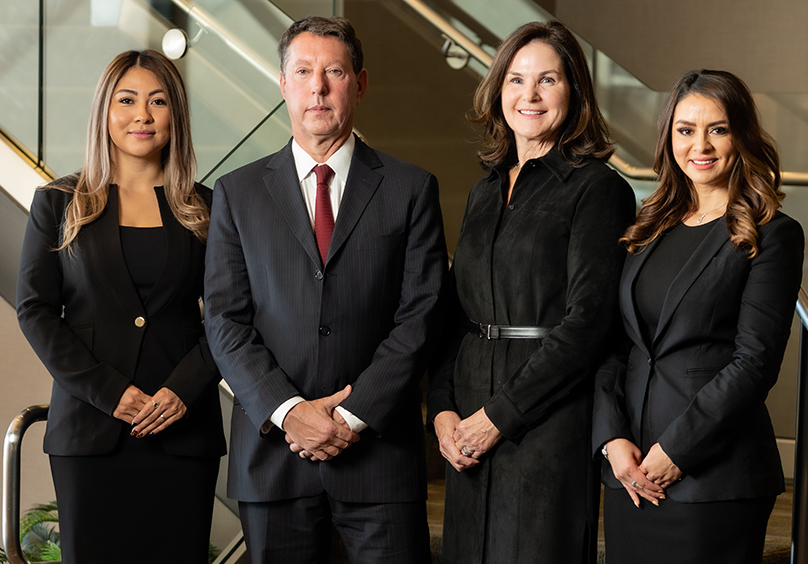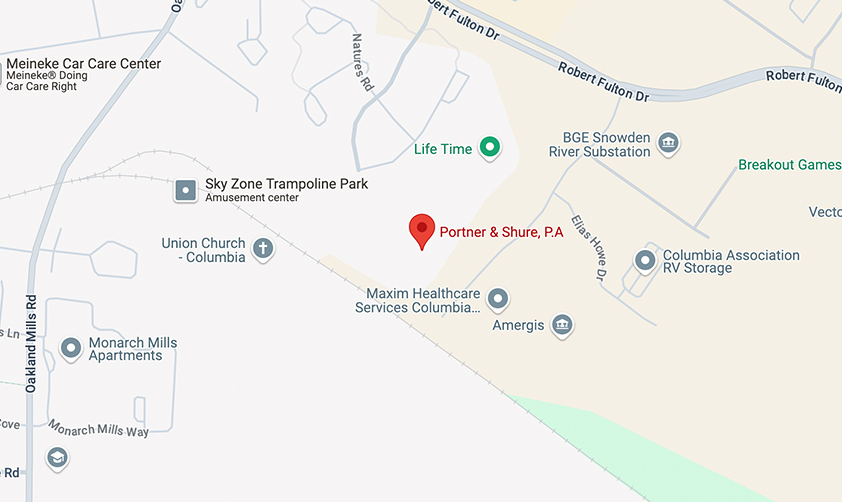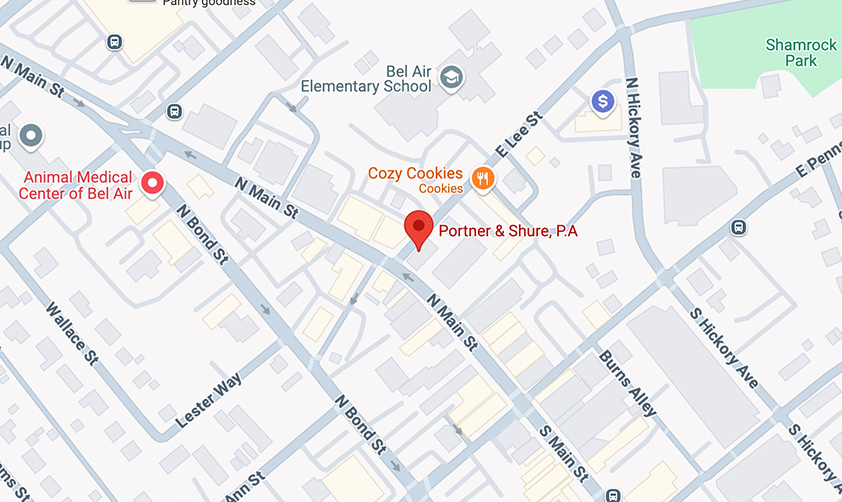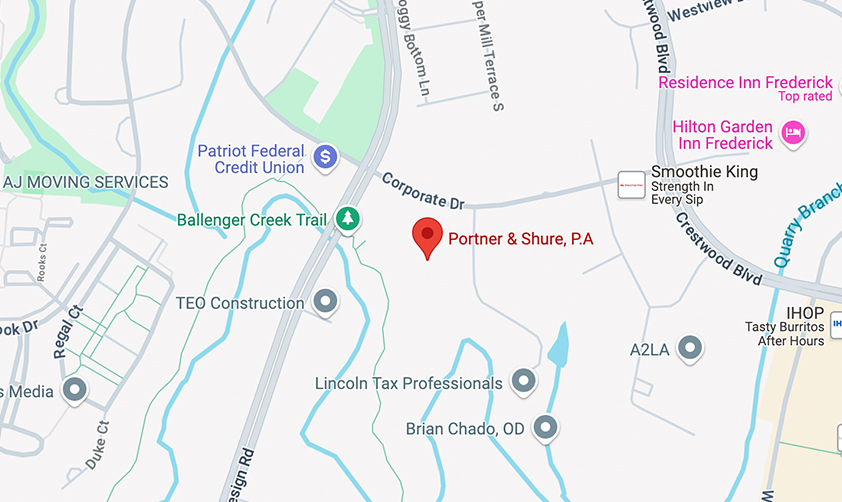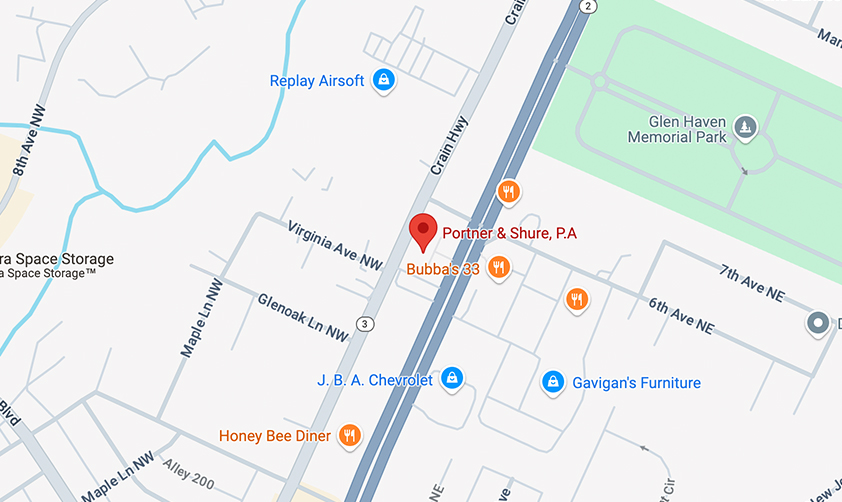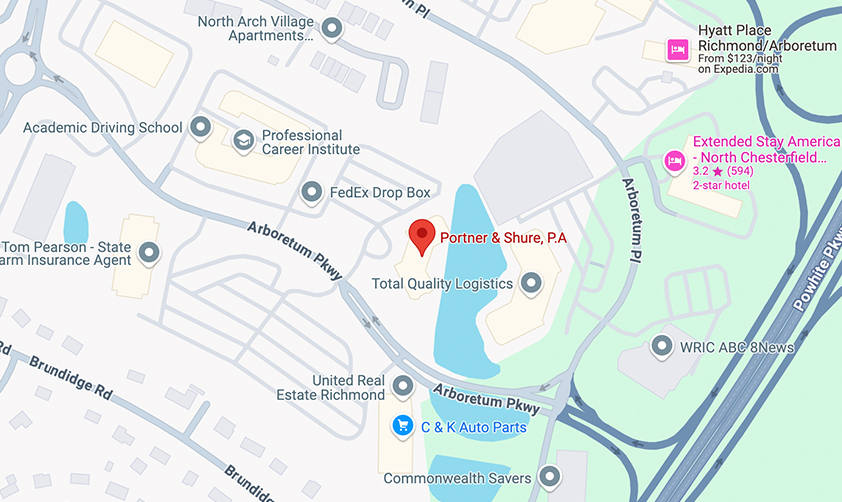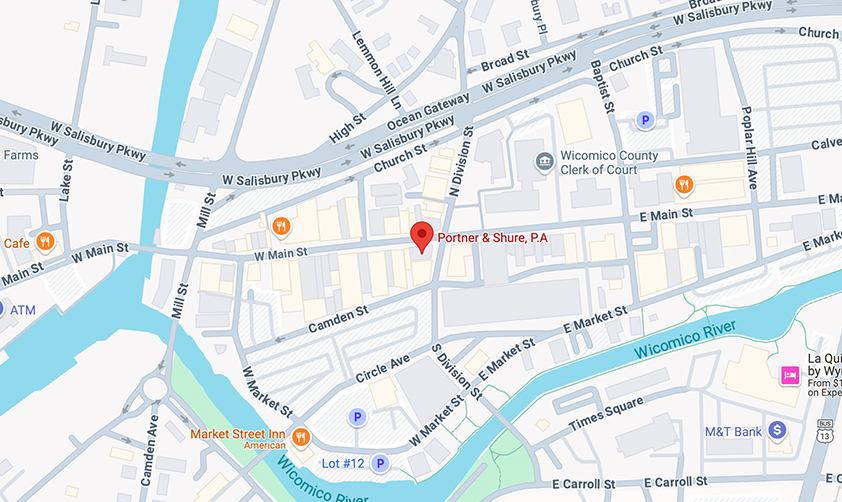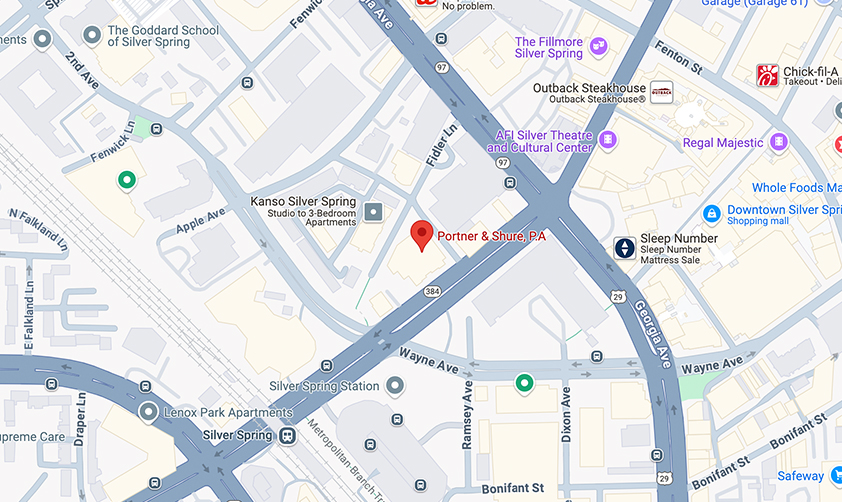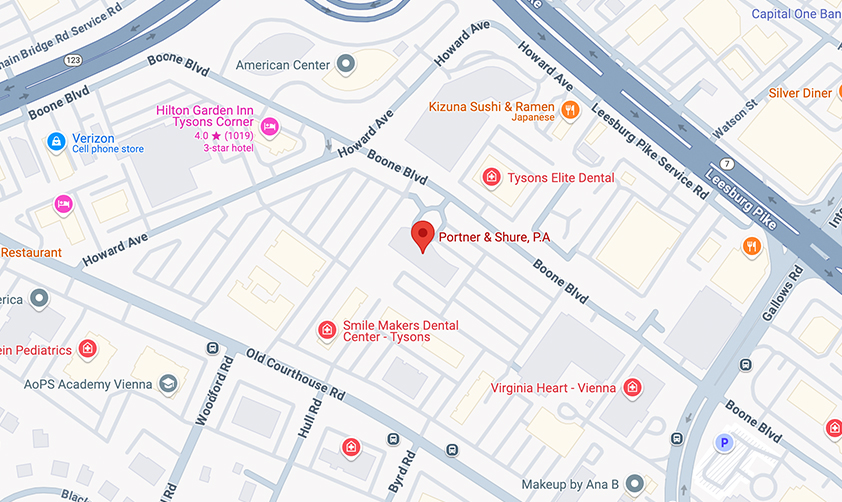Deferred Action for Childhood Arrivals (DACA) is a form of administrative relief from deportation. People who are eligible for DACA protections are called DREAMers. In a brief summary, the purpose of DACA is to give temporary deportation protections to eligible youth who came to the United States when they were children, whether they entered the country alone or with a family member.
From the beginning of the Trump Administration, DACA has been highly scrutinized and at risk of being dismantled entirely. However, as of December 7th, 2020, United States Citizenship and Immigration Services (USCIS) will be accepting new DACA applications for qualifying applicants after a federal judge ruled to protect the specialized immigration program from erasure.
If you are a DREAMer in Maryland, Virginia, Washington, D.C., or North Carolina, and you are worried about your status, please call (410) 995-1515 and speak with the DACA lawyers of Portner & Shure, P.A. We can provide the most up-to-date information about DACA and how to use it to our advantage. Contact an experienced attorney from our firm now.
What Does DACA Do?
DACA allows eligible applicants to request a renewable two-year window of deferred action from deportation, as well as a work permit that is valid during that time. Essentially, DACA aims to keep families together by preventing deportations while also improving the American economy by allowing more people to work legal, taxable jobs. If someone is an approved DREAMer, then they will not run the risk of deportation for two years, will be able to work for those two years, and will be able to file to have these benefits reinstated when they near or reach expiration.
What is the Difference Between DACA and Dreamers?
The term “Dreamers” broadly refers to undocumented immigrants who were brought to the U.S. as children, regardless of whether they have applied for or received DACA protections. DACA, on the other hand, is a specific program that provides temporary relief from deportation and work authorization to eligible Dreamers.
Not all Dreamers qualify for DACA due to strict requirements. Still, DACA immigration attorneys can help assess individual circumstances and guide you through alternative immigration relief options if needed.
Can You Apply for DACA?
If you have DACA benefits now, you can renew them. However, if you have never had DACA benefits, it is important that you speak with an experienced DACA attorney to determine your eligibility. To file your application correctly, working with a legal professional is highly recommended.
What are DACA Requirements?
You may request DACA benefits if you:
- Were under the age of 31 as of June 15th, 2012;
- Came to the U.S. prior to your 16th birthday;
- Have continuously resided in the United States since June 15th, 2007;
- Had no lawful status on July 15th, 2012;
- Were physically present in the United States on June 15th, 2012, and at the time of making your request for consideration of deferred action with USCIS;
- Are currently in school, have graduated or obtained a certificate of completion from high school, have obtained a general education (GED) certificate, or are an honorably discharged veteran of the Coast Guard or Armed Forces of the United States; and
- Have not been convicted of a felony offense, significant misdemeanor, or more than three other misdemeanors; and do not otherwise pose a threat to national security or public safety.
DACA Application Process
Applying for DACA involves submitting precise forms and supporting documents to USCIS. These include proof of identity, residence, and education, along with a background check. Because even minor errors can result in denial, working with a DACA immigration lawyer ensures your submission is thorough and accurate.
DACA Renewal Process
If your DACA benefits are expiring, you can file for renewal. It is recommended to begin the process at least 120 to 150 days before your current DACA status expires. A DACA renewal attorney can assist in completing your application, identifying potential issues, and resolving delays, ensuring uninterrupted protection and work authorization.
What Happens if My DACA Renewal is Denied?
Renewal denials can occur if you are no longer eligible, there are errors in your application, or USCIS identifies a discrepancy. A denial can be stressful but working with a DACA renewal lawyer can help appeal the decision or explore alternative forms of immigration relief.
Advance Parole for DACA Recipients
Advance Parole allows DACA recipients to travel abroad for specific purposes, such as educational programs, work assignments, or family emergencies. However, the process requires careful planning, including submitting evidence to USCIS about the reason for travel. A DACA immigration attorney can simplify the Advance Parole application, ensuring you meet all requirements and deadlines.
2025 DACA Decision Updates
With significant changes to DACA potentially on the horizon in 2025, staying updated is essential for DREAMers and their families. Legal reviews of the program are ongoing, with the prospect of new legislation or judicial decisions that could reshape the program’s future. Consulting a DACA lawyer who tracks these updates is key to ensuring you’re prepared for what’s next.
What Happens if DACA is Terminated?
If the DACA program is terminated, DREAMers could lose protection against deportation and authorization to work. This uncertainty makes it crucial to consult a DREAMers lawyer who can discuss alternative options, such as family petitions, employment-based visas, or asylum.
Portner & Shure’s experienced attorneys are here to stand by your side and explore every avenue to protect your rights, future, and family.
Contact Our Experienced DACA Attorneys
Our Virginia, Maryland, Washington, D.C. and North Carolina DACA attorneys at Portner & Shure, P.A. would be happy to advocate on your behalf, just as we have for Dreamers and other immigration clients throughout the last 30 years.
Let us use our experience for your benefit. Contact us online today.



